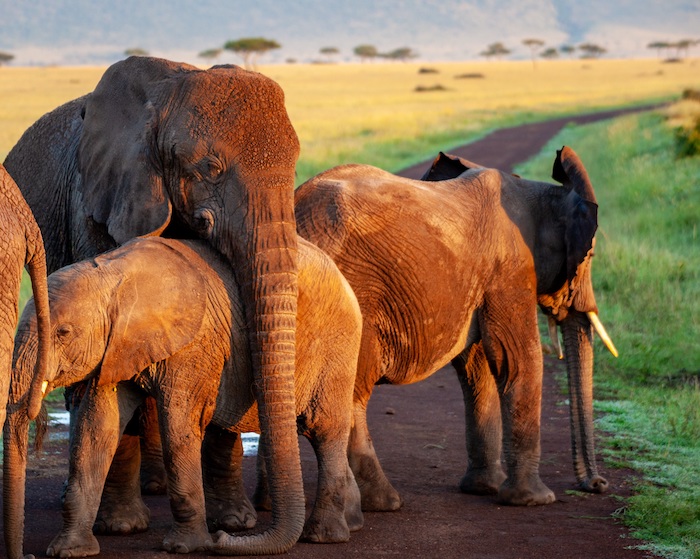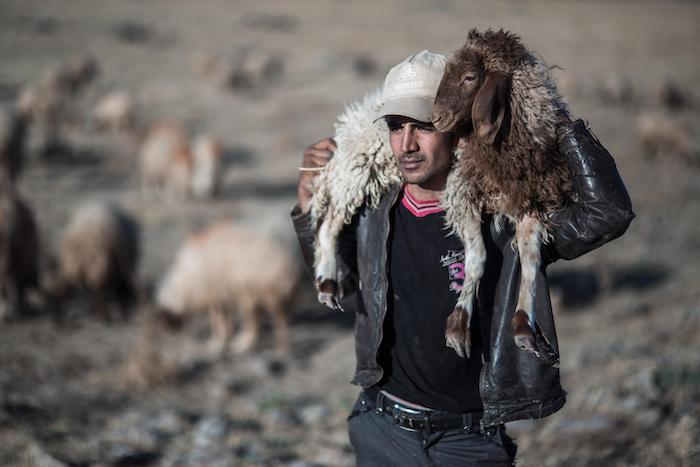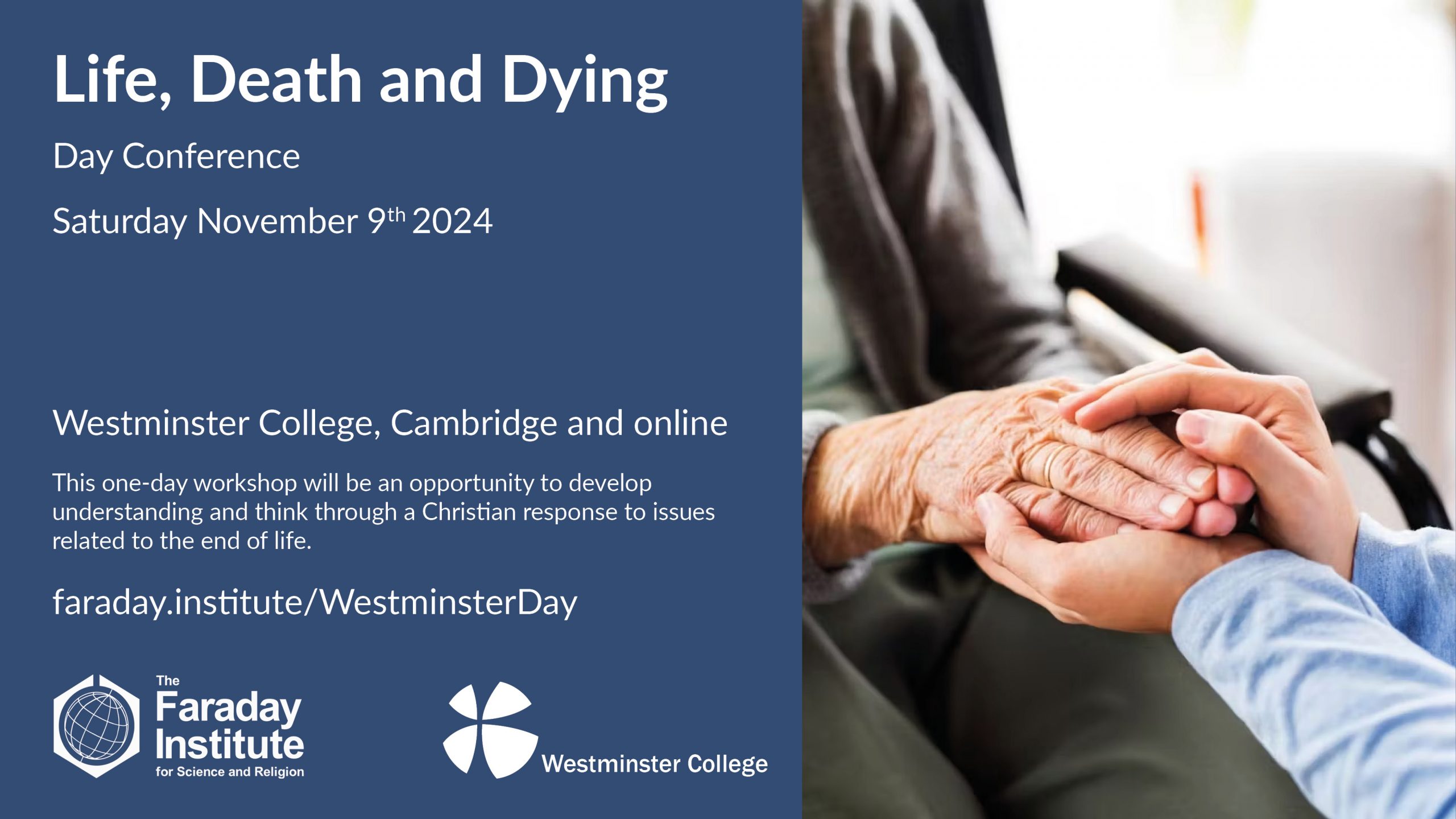Video summary
‘Human wisdom is not enough, but adding in God’s wisdom allows compassion to triumph over fragility.’[i]
Written summary
Jesus tried to take the disciples away. He was recently bereaved, and they needed to rest. But, as often happened in his ministry, they were besieged by people seeking help. He preached to the crowd, then sought solitude again. This is the dilemma we all face: we have our own personal struggles, losses and needs. The grieving process can’t be bypassed but, because we are usually surrounded by others who need us, we have to prayerfully balance our own and other’s needs. Responding to crises may well traumatise us too, but this is where the Church is needed. How can we encourage each other to demonstrate Christ’s compassion to both his disciples and the people who sought their help?
Discussion Questions
- When have you appreciated support from someone who was also struggling themself? How did that make you feel?
- What have you found useful in helping you to decide whether you have enough to give in a particular situation?
- How does Jesus’ example in Mark 6 help you navigate when to help others and when to try to get away by yourself?
- How does the nature of Jesus’ leadership shape the Church’s response to our own and others’ suffering?
- What might we do to respond to Jesus’ call to give space to rest in the midst of our current responsibilities?
Mark 6.30-34,53-56 (NRSV. Year B, Sunday 21st July)
The apostles gathered around Jesus and told him all that they had done and taught. He said to them, “Come away to a deserted place all by yourselves and rest a while.” For many were coming and going, and they had no leisure even to eat. And they went away in the boat to a deserted place by themselves. Now many saw them going and recognized them, and they hurried there on foot from all the towns and arrived ahead of them. As he went ashore, he saw a great crowd, and he had compassion for them, because they were like sheep without a shepherd, and he began to teach them many things….
When they had crossed over, they came to land at Gennesaret and moored the boat. When they got out of the boat, people at once recognised him and rushed about that whole region and began to bring the sick on mats to wherever they heard he was. And wherever he went, into villages or cities or farms, they laid the sick in the marketplaces and begged him that they might touch even the fringe of his cloak, and all who touched it were healed.
Also see 2 Samuel 7.1-14a and Psalm 23.
Article

© Dan Sudermann, Pixabay
I have been very struck recently by the responses of grieving elephants to the needs of others of their species. Maybe grief isn’t the right word, as we don’t have access to other creatures’ minds, but elephants and other very intelligent mammals display reactions to the loss of a relative that we might recognise as such. When a relative dies they interact with the body, sometimes for days. In this situation elephants display particular behaviours including sniffing or rocking. It certainly seems that these animals are experiencing a strong and prolonged reaction to the death of a near one.
I know that humans have a unique place in the world, and a unique role given to us by God to use our abilities to ‘tend and keep’ the world. But I’m always extremely wary of attributing this role to any exceptional human abilities. So many mistakes have been made in the past by underestimating other animals’ capabilities. I prefer to focus instead on the fact that we were chosen and given a responsibility, and that the appropriate response is humility in the face of an enormous and complex task. But when I read the behavioural ecologist Hannah Mumby’s insightful and nuanced account of elephant life I was struck by the fact that when a female elephant dies her calf can often struggle to find an adoptive family, and also dies.[ii] Is the human rate of adoption of orphans generally higher? I hope so. Is our capability to express compassion in a self-sacrificial way part of what suits us to our calling to tend and keep? Possibly – although I would still emphasise our need for humility here.

Pixabay
In today’s passage Jesus receives his disciples back from their first independent mission trip and tries to take them away for a rest. Accounts of this period, not just in Mark but also in Luke and Matthew, record the death of John the Baptist before this incident. Matthew attributes Jesus’ attempted withdrawal before feeding the 5,000 to John’s death. Presumably he was experiencing the grief of loss, and possibly also confronting the hard reality that he would soon suffer a similar fate. But as he supports the disciples and processes his own feelings, crowds follow him. These people are desperate too, sick and in need of hope in the midst of a terrible time for their nation. Jesus makes the call: we will minster to these people because they have nowhere else to go.
Helping others can take our mind off our own troubles for a time and put them in a different perspective, but it doesn’t necessarily heal or own sorrows. This isn’t just a problem pastors face, but every person as they navigate life. Several decades ago a group of bereavement scholars called out the twentieth century Western practice of encouraging people to cut ties with the deceased person. What actually happens is that our relationship with them changes.[iii] We integrate our memories of that person into our inner life, and I can certainly identify with that. I find ways of recognising the influence someone had on me, remembering them at certain times, keeping an object they treasured or a gift they gave me. More recently the palliative care doctor Kathryn Mannix joined a wave of people who recognised our dysfunctionality around the topic of death and decided to share from her experience. She describes bereavement as a period of ‘getting to know the world in a new way, to a state of being able to function well again’.[iv] We all know this process takes time, but creating space for it can be difficult when others around us also need care.
Jesus wasn’t just a human leader who lived out something better than the survival instincts of other animals – or even most humans. He was the exact representation of God, demonstrating his Father heart for both himself and everyone in his care. Mark and Matthew’s accounts describe how he finally managed to get away by himself to pray while the disciples rowed across the lake. Soon after he rejoined them they were besieged by a new crowd. I expect this dance continued throughout Jesus’ ministry, but he didn’t give up looking after himself and his disciples.

Pixabay
This was the king who would carry forward the promise in 2 Samuel 7, as well as the shepherd lovingly painted in the twenty-third Psalm. He not only refused to pursue political power or use physical violence, but he was also vulnerable to hunger, thirst, fatigue and emotion. Jesus reigns like the shepherd his ancestor the boy David had been, not the warlord he arguably became later in life.

© Angela Giordano, Pixabay
In her book Broken Planet, Sharon Dirckx gives space to first-hand stories of people helping respond to disasters, motivated by their Christian faith. These people went into some of the most hellish circumstances to provide practical help and pastoral support. They had to battle their own fear, trauma and weakness in the process, trying to tread a wise line between sacrificial giving and making sure they had the strength to continue. Prayer is key in navigating situations where there’s no clear formula for getting this balance right. Some of the responders were more scarred by their experiences than others, but all saw God’s grace in the darkness. One organisation, the Kyshu Christ Disaster Relief Centre, responding to the 2016 earthquake in Japan found that their volunteers began to be known as Mr or Mrs Christ. Although the people they were helping felt awkward about letting them into their devastated homes, they ‘could see that, even though the volunteers were different, they were all working towards the same goal. Each one was there to help, each one was part of the global family of God, and identified by the name of Christ.’[v]
This a sample of our series of monthly Biblical resources for churches. Join for free on Patreon for access to each month’s set of material, addressing a different topic/Bible passage each month AND two podcasts with experts on the same topic.
If you would like to support this work financially (£6/month) you will also receive these benefits:
- access to two live podcast recordings each month, where you can ask questions of experts in the topics covered and meet like-minded people.
Training opportunity – details & registration, when available, on the Faraday Institute website

Further Resources
Alison Moore, The Puzzle of Pastoral Care: A Practical Approach (Kevin Mayhew Press, 2019)
Kathryn Mannix, With the End in Mind: Dying, Death and Wisdom in an Age of Denial (William Collins, 2017)
Sharon Dirckx, Broken Planet: If there’s a God, then why are there natural disasters and diseases? (IVP, 2023)
The latest series of The Chosen (season 4) covers the death of John the Baptist, exploring the themes of grief and servant leadership.
[i] An experienced pastor, commenting on this material.
[ii] Hannah Mumby, The Secret Lives of Elephants: Birth, Death and Family in the World of the Giants (Harper Collins, 2021)
[iii] Dennis Klass, Phyllis Silverman & Stephen Nickman, Continuing Bonds: New understandings of Grief (Routledge, 1996)
[iv] Kathryn Mannix, With the End in Mind: Dying, Death and Wisdom in an Age of Denial (William Collins, 2017), section ‘Beauty and the Beast’, in Chapter 3.
[v] Sharon Dirckx, Broken Planet: If there’s a God, then why are there natural disasters and diseases? (IVP, 2023), p173




